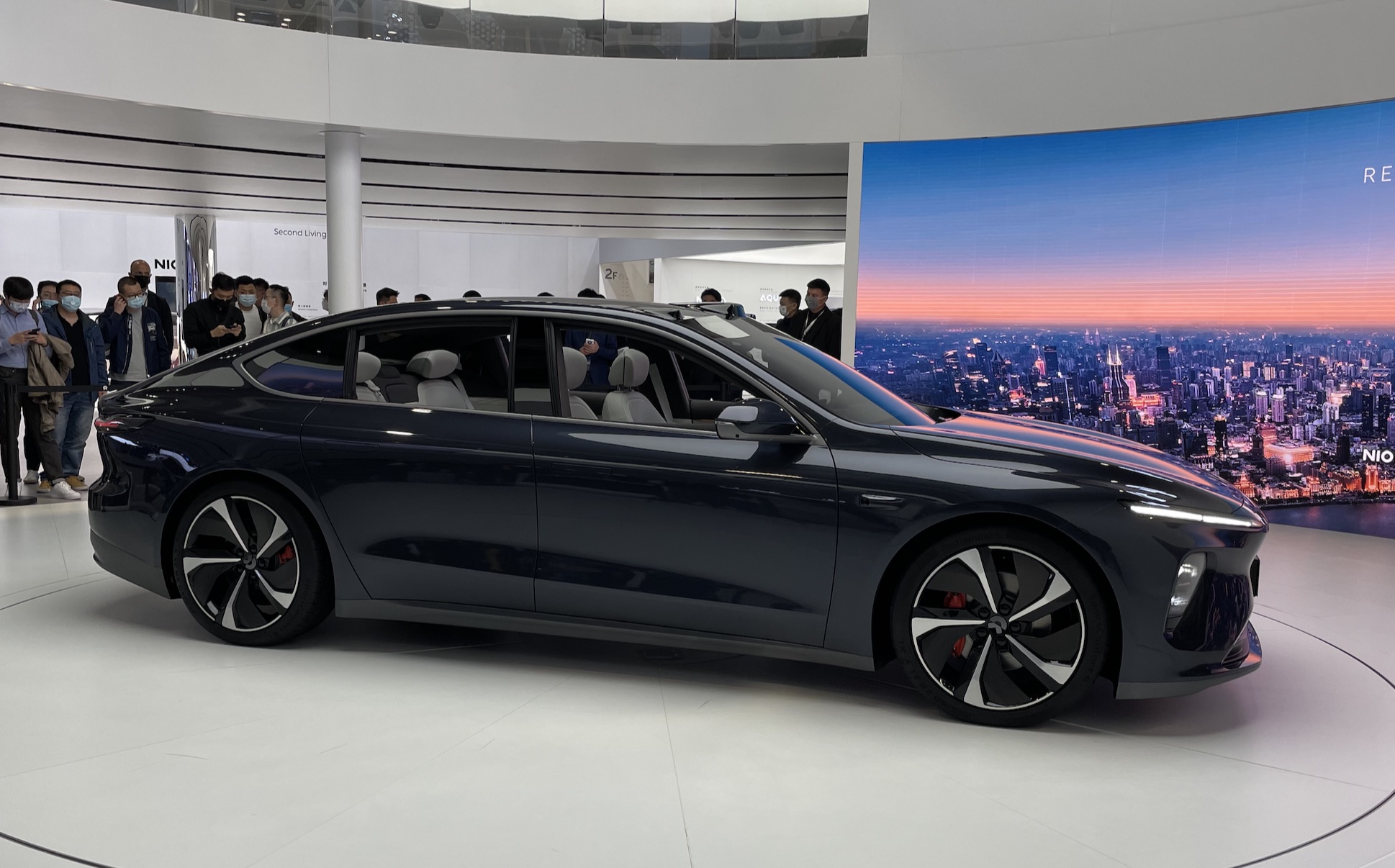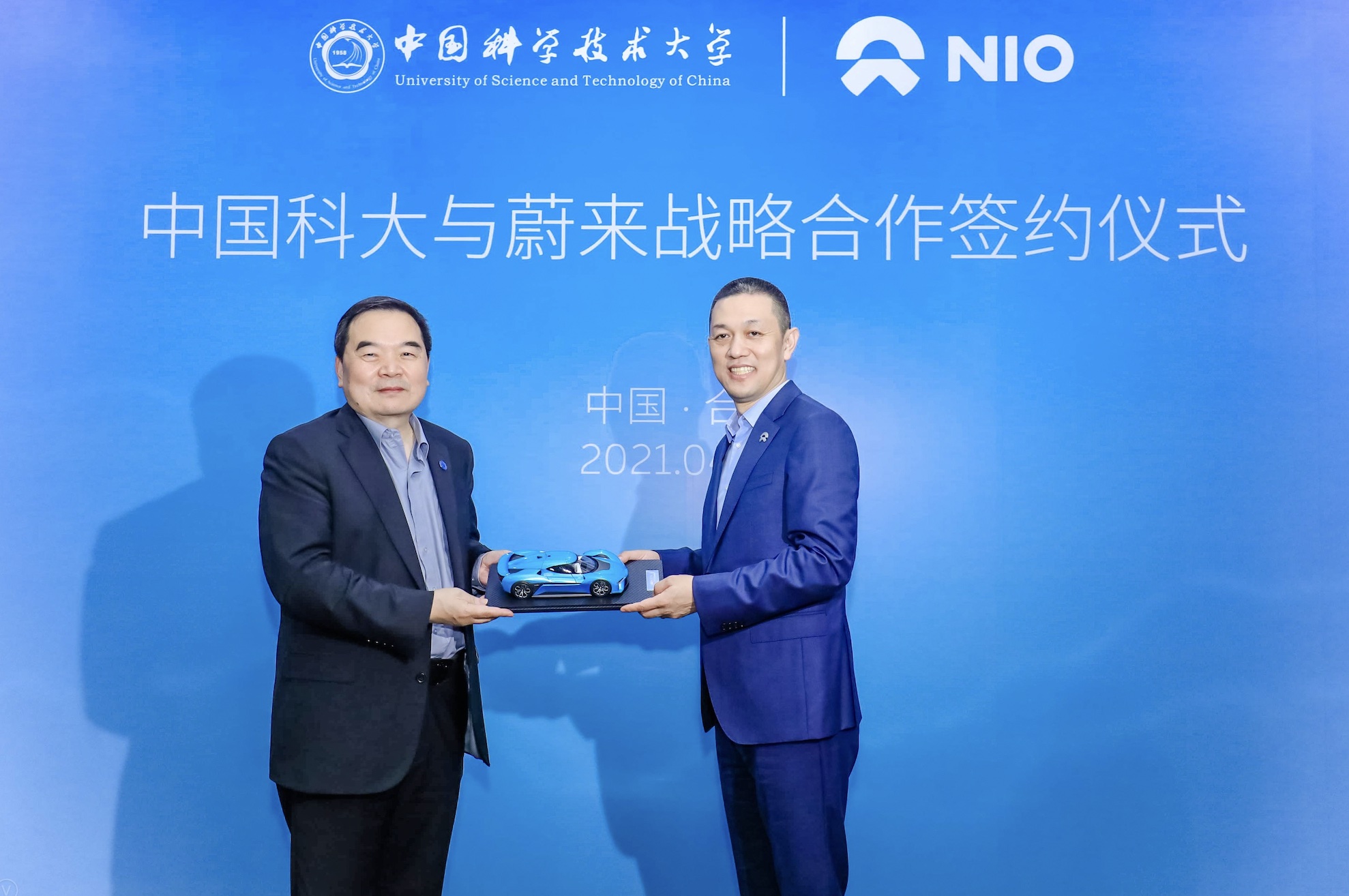
Nio recently released its earnings report that exceeded market expectations, in which the significant improvement in gross margin became the focus of many analysts' attention.
In a research note sent to investors on May 3, Deutsche Bank analyst Edison Yu's team said that Nio's gross margin estimate was raised in light of its quarterly earnings beating expectations.
Nio's revenue in the first quarter reached RMB 7.98 billion ($1.22 billion), up 482% year-on-year and up 20.2% from the fourth quarter. Revenue from vehicle sales was RMB 7.4 billion, up 490% year-on-year and 20% from the previous quarter.
Nio's gross margin reached 19.5% in the first quarter, higher than market expectations of 15.5% and 17.2% in the fourth quarter.
Nio's vehicle margin for the first quarter was 21.2%, 28.6 percentage points higher than the same period last year and up from 17.2% in the fourth quarter.
Yu's team believes that Nio's vehicle margin benefited from the better mix and higher take rate of Nio Pilot package while not being materially impacted by supply chain logistical issues.
The team noted that Nio management was surprised by the upside of the gross margin in the first quarter and considered the level of around 20% to be healthy.
Yu's team writes:
Nio benefited from a surprisingly high mix of the larger and more expensive 100 kWh pack (25%), and also higher adoption of Nio Pilot (+10-15% QoQ to 55-60%).
To increase penetration of Nio Pilot, the company offered a zero interest promotion for consumers but ONLY if they selected Nio Pilot as an option.
We tweak up our 2021E forecasts, still expecting 95k deliveries, but slightly higher revenue on better ASP and "Other" sales. In relation, our gross margin forecast goes up by 250bps to 20.3%, leading to EPS of (1.25).
During a conference call following Nio's earnings announcement, William Li, Nio's founder, chairman and CEO, was asked how the company would weigh high gross margins against market share.
Li said that a reasonable gross margin is what the company needs from an operational standpoint. "Nio's gross margin levels are better than expected right now, and we're willing to use that to invest in, for example, user services," Li said.
"As for how to enter the mass market, it's a strategic issue. We definitely won't enter the mass market with the Nio brand, that's for sure," he stated.
Notably, Yu's team also mentioned Nio's European market expansion strategy in its latest research report, arguing that investors currently don't expect much from Nio in Europe and that if the company can show even a small amount of success, it will help improve investor sentiment.
The team writes:
For Europe, we believe Nio will localize premium services to differentiate it offering (e.g., battery swap) and expect the level of competition to be generall weaker initially relative to local China market (e.g., Nio EC6+ES6 are easil outselling e-tron, EQC, and iX5 in China).
Our sense is investors largely do not give Nio any material credit for success in Europe and should it be able to demonstrate even small degree of success, this would be entirely additive to sentiment and volumes estimates.
Nio recently confirmed its first stop in an overseas market – Norway, after months of rumors.
Nio will announce its Norway strategy in Shanghai on May 6, which will be the company's first step into Europe, it said in a recent invitation letter sent to CnEVPost.
For Yu's team, they still do not see major catalysts for Nio in the near term due to product cadence and chip shortage, despite expecting the Nio ET7 to capture significant market and mind share in the luxury sedan segment in 2022.
Based on these factors, the team maintains a Buy rating on Nio and a $60 price target, still based on 9x 2023E EV/Sales.



